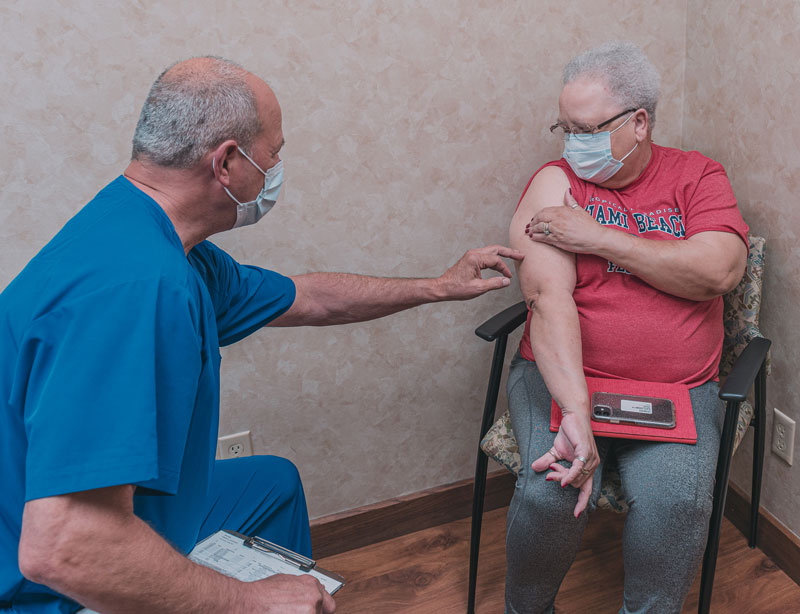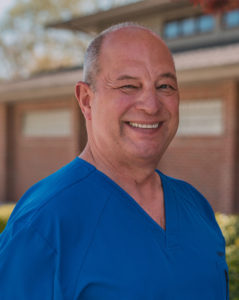We understand cancer can be a scary diagnosis, and you may have fears and concerns. We’re here to answer any questions you may have, and to help you discover the appropriate treatment plan to begin your path to healing. Our goal is to help our patients endure these challenges with courage and the power of information.
With skin cancer cases rising rapidly in the U.S., one of the most crucial steps in treating skin cancer is catching and identifying it as early as possible. Regular examination of your skin to check for changes is highly recommended to establish a baseline for annual care (book your annual skin care consultation). If you notice anything that is unusual, new or changing, please contact a medical professional immediately. Board-certified dermatologist Dr. Jeffrey D. Case can answer any questions or concerns you may have regarding your skin health. Please call our office to schedule an appointment.



